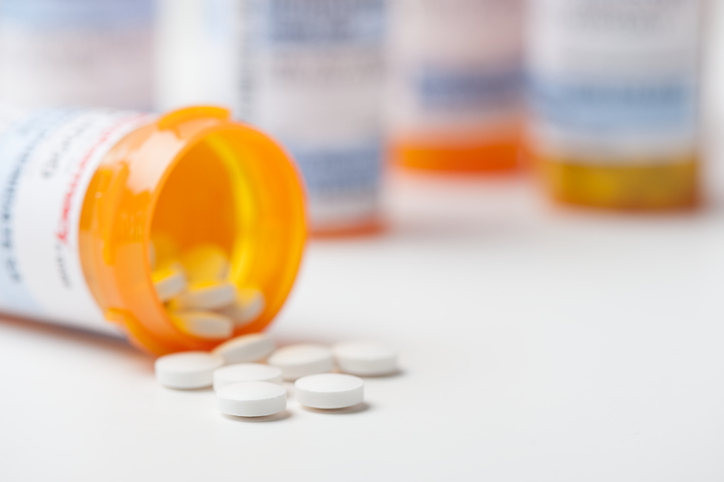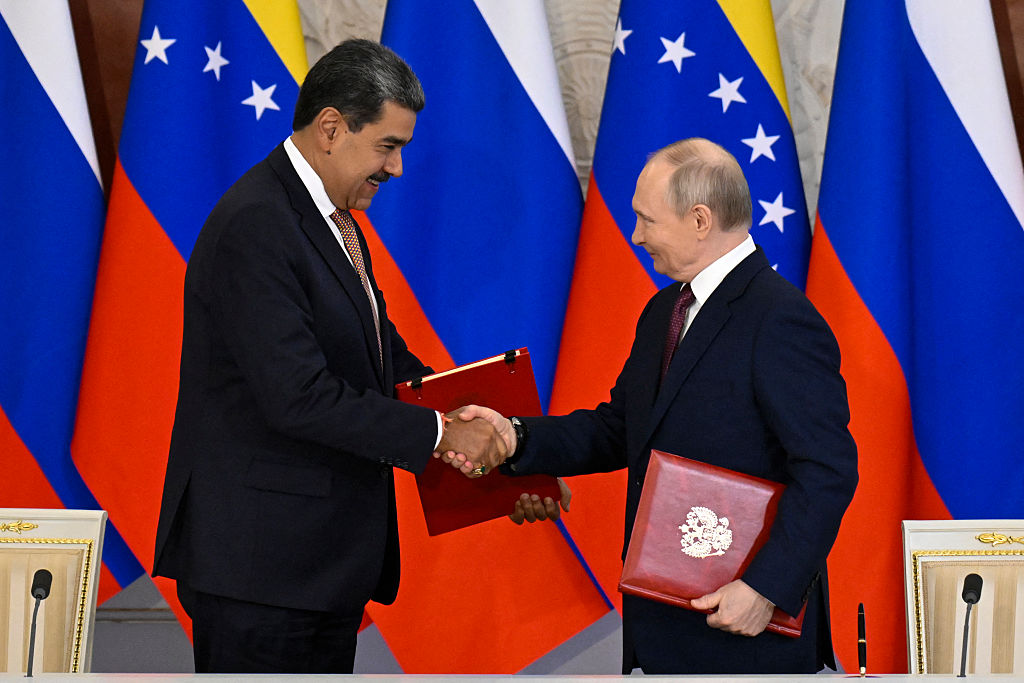Forget whisky, cars or chemicals. The real blow to the British economy from President Trump’s determination to impose steep tariffs on everything the United States imports from the rest of the world is still to come. Over the next few days, Trump plans to unveil levies on pharmaceuticals. And if the UK can’t find a way of carving out an exemption from that, it will do huge damage to us at the worst possible moment.
For the moment, drugs are exempt from the 10 percent blanket tariff on US imports, and the higher country-specific levies. That will change in the next few days, with President Trump promising to add them to the list.
In fairness, he probably has more of a point about the unfairness of the trade in pharmaceuticals than he does about most goods. The major pharma companies make 50 percent to 70 percent of their profits in the US, while drugs on average cost 2.7 times more in the US than in other countries. The US runs an $11 billion trade deficit in pharma, and it essentially subsidizes the rest of the world. Fixing that may be tricky in the short-term, especially if it pushes up the price of medicine for ordinary Americans. But it will create a fairer market.
Ireland, which has turned itself into a hub for American drug manufacturers taking advantage of its very low rate of corporation tax, will be hit hardest by this. It sells drugs worth $50 billion to the US every year, more than half its total exports. But Britain will be next. Both GSK and AstraZeneca, the two largest pharmaceutical companies in the UK, sell a huge percentage of their drugs in the US, and it accounts for a large share of their profits. Losing tariff-free access to that market will come as a major blow.
The trouble is, it is going to be very hard to find a way out of this challenge. Trump is not likely to back down on pharma tariffs, and any reprieve will only be temporary. True, the companies can manufacture more in the US, but making medicines is a complex process, with very high standards required, and new plants will take two or three years at least to come on stream.
The only real way out is a trade deal with the US. That was already badly needed. But over the next few days it will become more necessary than ever – and if it doesn’t happen, the UK’s most successful industry is facing huge damage in its biggest and most lucrative market.

























